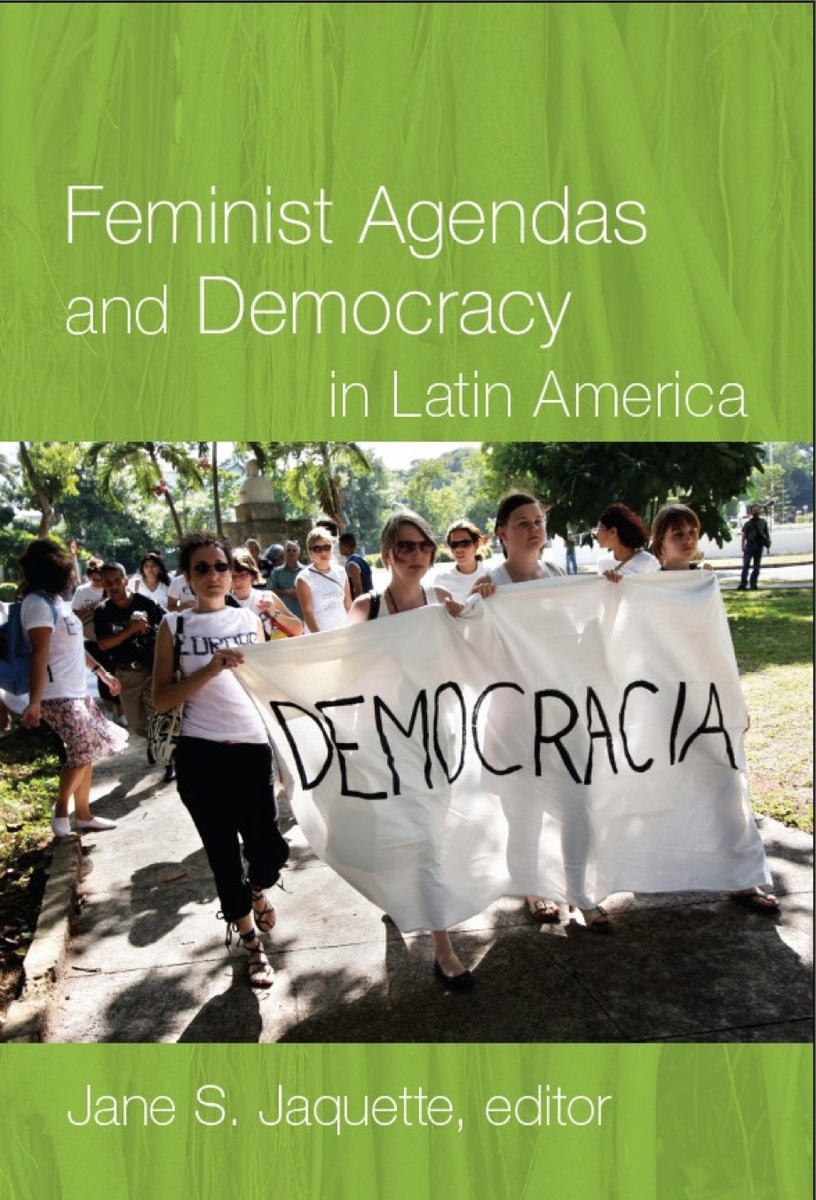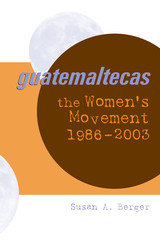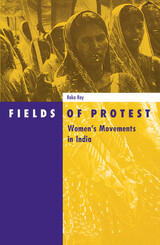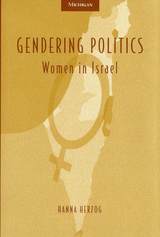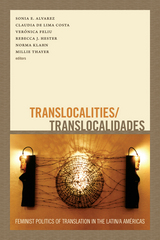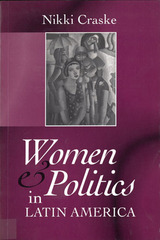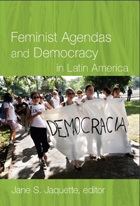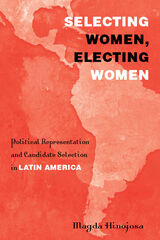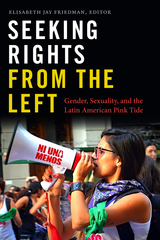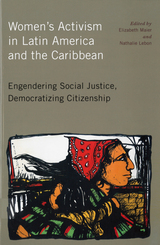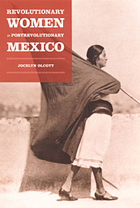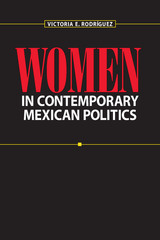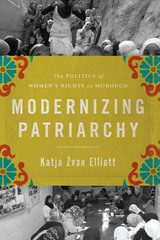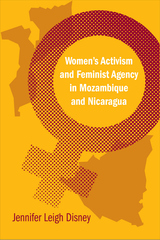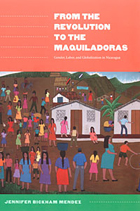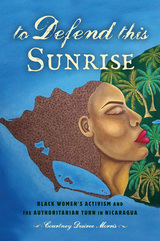“This welcome update on the current state of the feminist agenda in the region is full of strong contributions. . . . Well worth the price of admission is the brilliant concluding chapter, in which Jaquette champions professional women working within their democratic political systems—to build bridges to government agencies, win legal redress through the courts, and provide life-sustaining social services.” - Richard Feinberg, Foreign Affairs
“In several respects, Jaquette has delivered another major contribution to the field, with nine high-quality case studies grouped under three sections. . . . [T]he chapters are excellent, all written by top feminist experts and academics, and providing up-to-date data and perspectives on feminist strategies and work in the region. . . .[Feminist Agendas and Democracy in Latin America] is a very useful collection of works, and it nicely reveals the vitality of feminist movements and networks in Latin America.” - Stéphanie Rousseau, Perspectives on Politics
“Feminist Agendas and Democracy in Latin America is a valuable text for scholars and students of Latin American feminisms interested in some of the most pressing issues of the day. It assembles accessible and compelling essays by authors with expertise in law and the social sciences, and with personal experiences of political involvement and activism in the contexts they write about. This collection is a fine contribution to the literature on women’s movements in Latin America and promises to be a critical reference for dialogues about the future of feminism and gender equity in the region.” - Barbara Sutton, A Contracorriente
“All of the chapters are excellent in this volume. The authors are recognized feminist experts and academics and their penetrating analyses point out the strengths and limits of feminist strategies in the target nations. . . . Feminist Agendas and Democracy in Latin America is a fascinating, well-organized volume that could be used in advanced undergraduate and graduate courses in feminist politics and history.” - Kathryn A. Sloan, H-LatAm, H-Net Reviews
“[A] powerful book on the women's movement in Latin America. . . . This accessible and engaging text is a must read for undergraduate and graduate students in women's studies, political science, and social sciences in general. Summing Up: Highly recommended. All readership levels.” - I. Coronado, Choice
“Feminist Agendas and Democracy in Latin America gives one a sense of the dynamism of feminist thinking in Latin America. The essays address national and regional women’s movements’ significant yet partial successes over the past twenty years as well as the ways that the movements have more recently confronted urgent political strategy choices such as whether to rely on judicial solutions or to engage with the World Social Forum.”—Cynthia Enloe, author of The Curious Feminist: Searching for Women in a New Age of Empire
“Feminist Agendas and Democracy in Latin America is a timely intervention in debates that should matter to feminists everywhere. Using freshly collected data, the authors evaluate questions like the impact of gender quotas on politics, the relationship between global feminism and national policies, and the impact of neoliberal restructuring and democratic transition on specific women’s movements. Engaging and clear, the essays offer new insights into issues that demand our attention.”—Gay W. Seidman, author of Beyond the Boycott: Labor Rights, Human Rights, and Transnational Activism
“This is an important, timely, and fascinating examination of women, feminism, and democratization in Latin America. It is also a terrific read and another major contribution by Jane S. Jaquette, who has brought together a first-rate team of authors with extensive knowledge of the countries about which they write.”—Valentine Moghadam, author of Globalizing Women: Transnational Feminist Networks
“Feminist Agendas and Democracy in Latin America is a valuable text for scholars and students of Latin American feminisms interested in some of the most pressing issues of the day. It assembles accessible and compelling essays by authors with expertise in law and the social sciences, and with personal experiences of political involvement and activism in the contexts they write about. This collection is a fine contribution to the literature on women’s movements in Latin America and promises to be a critical reference for dialogues about the future of feminism and gender equity in the region.”
-- Barbara Sutton A Contracorriente
“[A] powerful book on the women's movement in Latin America. . . . This accessible and engaging text is a must read for undergraduate and graduate students in women's studies, political science, and social sciences in general. Summing Up: Highly recommended. All readership levels.”
-- I. Coronado Choice
“All of the chapters are excellent in this volume. The authors are recognized feminist experts and academics and their penetrating analyses point out the strengths and limits of feminist strategies in the target nations. . . . Feminist Agendas and Democracy in Latin America is a fascinating, well-organized volume that could be used in advanced undergraduate and graduate courses in feminist politics and history.”
-- Kathryn A. Sloan H-LatAm H-Net Reviews
“In several respects, Jaquette has delivered another major contribution to the field, with nine high-quality case studies grouped under three sections. . . . [T]he chapters are excellent, all written by top feminist experts and academics, and providing up-to-date data and perspectives on feminist strategies and work in the region. . . .[Feminist Agendas and Democracy in Latin America] is a very useful collection of works, and it nicely reveals the vitality of feminist movements and networks in Latin America.”
-- Stéphanie Rousseau Perspectives on Politics
“This welcome update on the current state of the feminist agenda in the region is full of strong contributions. . . . Well worth the price of admission is the brilliant concluding chapter, in which Jaquette champions professional women working within their democratic political systems—to build bridges to government agencies, win legal redress through the courts, and provide life-sustaining social services.”
-- Richard Feinberg Foreign Affairs
